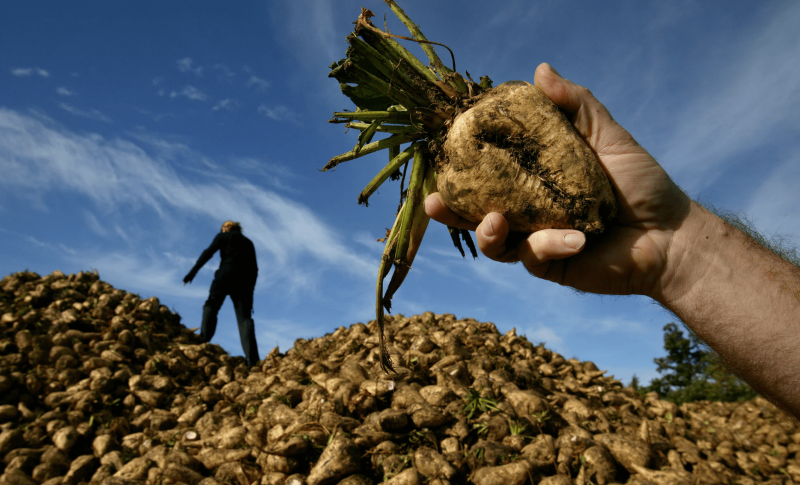Since April, the beet yellows virus has destroyed a large part of France’s sugar beet harvest, including nearly 50% of the plantations in Center-Val de Loire. Faced with this crisis, beet growers are sounding the alarm and asking the Government to act quickly.
French sugar beet farmers are facing a disaster. An overgrowth of aphids, spreading viral jaundice, is decimating their crops. This viral jaundice affects five regions in France: Hauts-de-France, Ile-de-France, Normandy, Grand Est and Center-Val de Loire.
…
Faced with the emergency, the sugar beet growers …. sounded the alarm and sent a letter to the Prime Minister. They are asking the executive for an exemption to use neonicotinoids (banned since 2018) to protect seeds.
…
The virus is transmitted by aphid vectors when they bite the beet leaves to remove sap. The green peach aphid, scientifically named Myzus persicae, is the main vector of jaundice.
…
So far, the beet growers have not received any response from the Government.
[Editor’s note: This article was published in French and has been translated and edited for clarity.]































